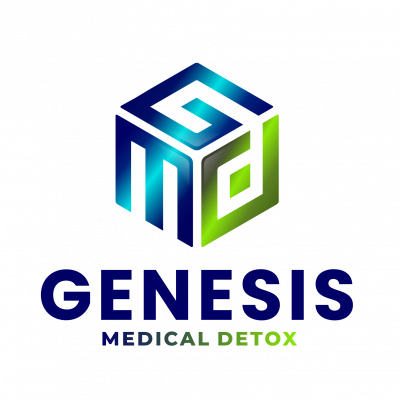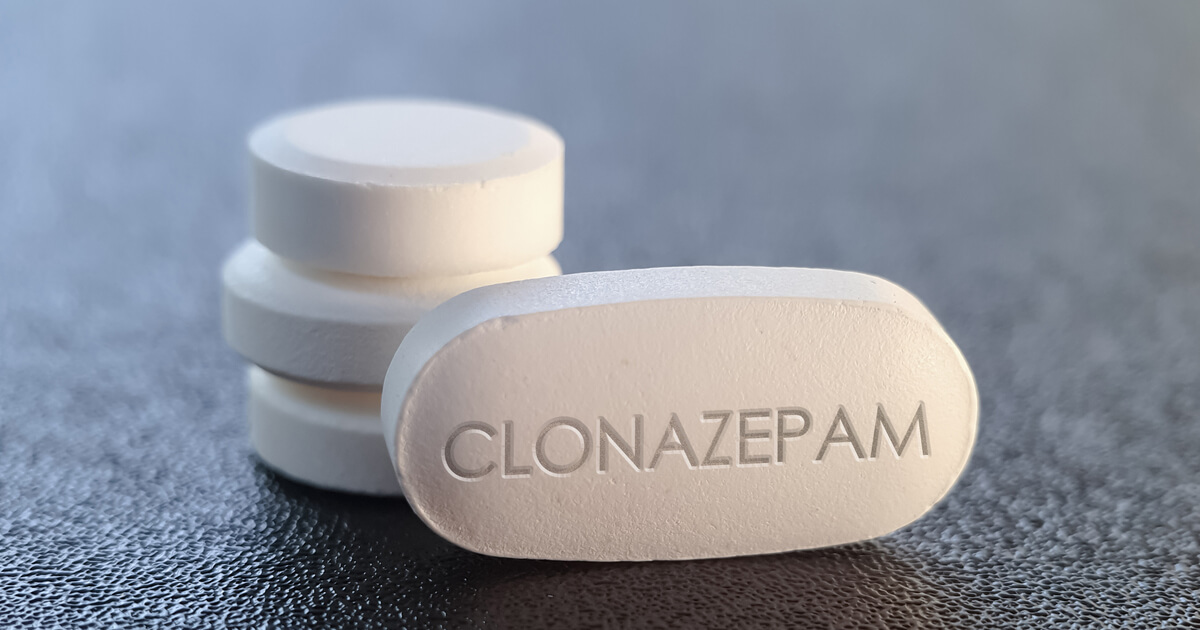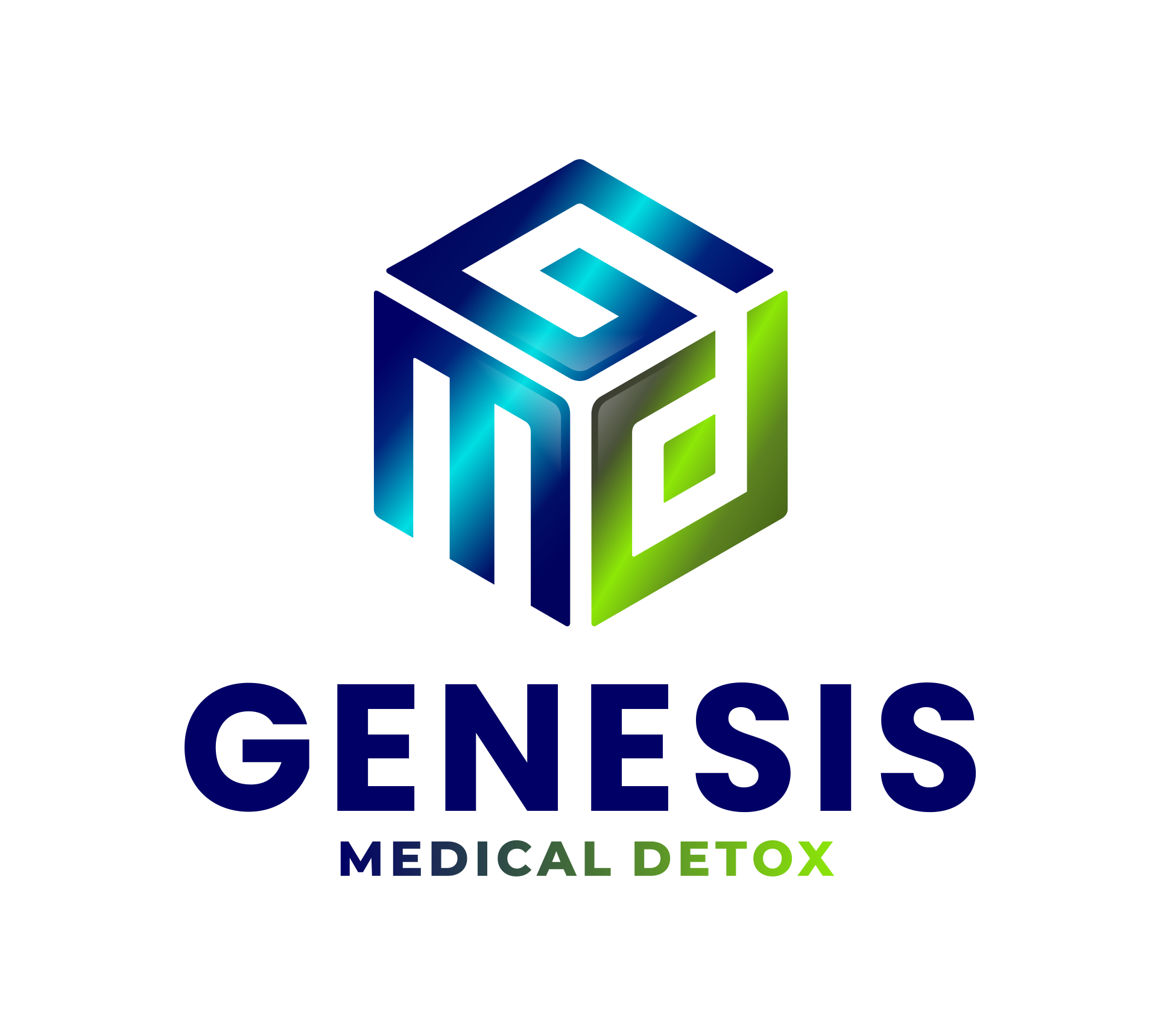Valium is a type of benzodiazepine medication that is often prescribed to treat twitches, muscle spasms, seizures, and anxiety. In some cases, it is also an effective treatment option for reducing the symptoms of alcohol withdrawal. Like many other prescription drugs, there is a risk of developing an addiction to Valium. Here is what you should know.
What Is Valium Addiction?
Although Valium is a very helpful medication to a lot of people, when taken over an extended period, there is a significant chance that a person may develop some type of dependence or addiction to the substances. This is due to the way that the medication affects the brain and the body of the user.
This type of medication impacts the gamma-aminobutyric acid (GABA) receptors in the central nervous system and the brain by activating the receptors and creating a sedative feeling and relaxation. There are many instances where individuals combine this medication with other substances, such as alcohol and opioids, to increase the sedative effects. Unfortunately, this can also increase the chances of an overdose.
An overdose can cause double vision, drowsiness, difficulty breathing, bluish lips, and uncoordinated movements. Depending on the circumstances, these consequences can be extremely dangerous or life-threatening. This is particularly true if a person experiences these side effects while driving or even swimming.
Is Your Loved One Struggling With Valium Addiction?
Seeing a loved one struggle with a Valium addiction can be disheartening. Unfortunately, this is not an addiction that typically develops overnight. Instead, Valium addition tends to develop gradually. In the early stages, you may notice that your loved one is taking a higher dosage of the medication in order to fall asleep easier or relieve symptoms of anxiety.
Over time, you may notice that your loved one is requesting refills for their medication more frequently. They may even attempt to seek the same prescription from multiple doctors. Although this medication is often prescribed for an array of conditions, even using the medication as prescribed can lead to a dependency or an addiction.
Signs and Symptoms of Valium Addiction
If you expect that your loved one is struggling with a Valium addition, there are several signs and symptoms that you should look out for.
Physical Symptoms
Many of the symptoms that individuals struggling with Valium addiction experience are physical. These symptoms often reflect the suppression of activities in the nerves and brain. Additionally, individuals may experience urination problems, heartbeat irregularities, digestion problems, and respiratory problems.
Valium in itself is considered a moderate tranquilizer by the National Highway Traffic Safety Administration, even in low doses. As a result, individuals may exhibit symptoms that closely mimic alcohol intoxication. These include:
- Dry mouth
- Muscle spasms
- Loss of appetite
- Poor judgement
- Tremors
- Double vision
- Disorientation
- Speech problems
- Difficulties urinating
- Pain during urination
- Loss of appetite
- Vomiting/nausea
In severe cases, individuals may experience seizures. When Valium is combined with sleeping pills, alcohol, or other drugs, individuals are at an increased risk of experiencing an overdose.
Psychological and Behavioral Symptoms
In addition to the physical symptoms of addiction, individuals may also exhibit an array of psychological and behavioral symptoms. Some of the most common include:
- Paranoia
- Irritability
- Disorganized thinking
- Increased anxiety
- Depression
- Restlessness
- Insomnia
- Memory problems
- Hallucinations
Individuals who are addicted to Valium may exhibit an increased desire to use and/or obtain the medication, even if doing so impacts their health and well-being in a negative way. In some cases, individuals may become more socially isolated as they spend more time concentrating on the medication and its effects. It is common to see individuals exhibit the following when dealing with a Valium addiction:
- They may continue to use the medication regardless of their professional or personal issues
- They experience intense cravings for the medication
- They may go to extreme lengths to obtain the drug, such as doctor shopping
- They may lose interest in activities they once enjoyed
Unfortunately, abusing this type of medication long-term can have dangerous consequences.
The Dangers of Long-Term Valium Abuse
Valium is designed to suppress the functions of the central nervous system. As a result, the lungs, heart, nerves, brain, and other vital organ functions may be affected by its use. Individuals who take Valium long-term may experience significant side effects of the medication. These include:
- Constipation
- Fatigue
- Visual disturbances
- Seizures
- Weakness
- Abdominal pain
- Digestive problems
- Muscle coordination problems
- Weakness
- Tremors
- Muscle pain
- Loss of appetite
- Vertigo (dizziness)
- Painful urination
Individuals who take Valium more often than they are prescribed or at a higher dosage than prescribed are at an increased likelihood of developing these and other long-term health effects. Unfortunately, withdrawal from Valium can be just as dangerous as taking too much of the medication.
How Prescription Drug Detox Can Help
Rather than trying to stop the use of Valium abruptly, it is strongly advised that those struggling with this type of substance use disorder seek help from our team at Genesis Medical Detox. We offer an exceptional prescription drug detox program that can help you safely and effectively overcome a Valium addiction.
Our detox program can help reduce the potential of discomfort and dangerous side effects while also providing you with a much greater chance of sustaining sobriety long-term. Our detox program is medically supervised to ensure that you are safe throughout the entire process.
Get Help for Valium Addiction Today
Our team at Genesis Medical Detox truly understands how difficult it can be to struggle with a substance use disorder. Trying to overcome an addiction is not always an easy task. However, with our compassionate guidance, you will have the best chance to get the care you need to beat your addiction and take back control of your life.
We offer prescription drug detox at our Muscle Shoals, AL, and Pulaski, TN, facilities, ensuring the care you need is within reach. We can meet with you to discuss your specific circumstances and goals and help you develop a plan to achieve the outcome you expect and deserve. Our medically supervised detox ensures you remain comfortable and safe as your body eliminates toxic substances. To get started, contact our office at (844) 895-0537 to schedule an appointment.









